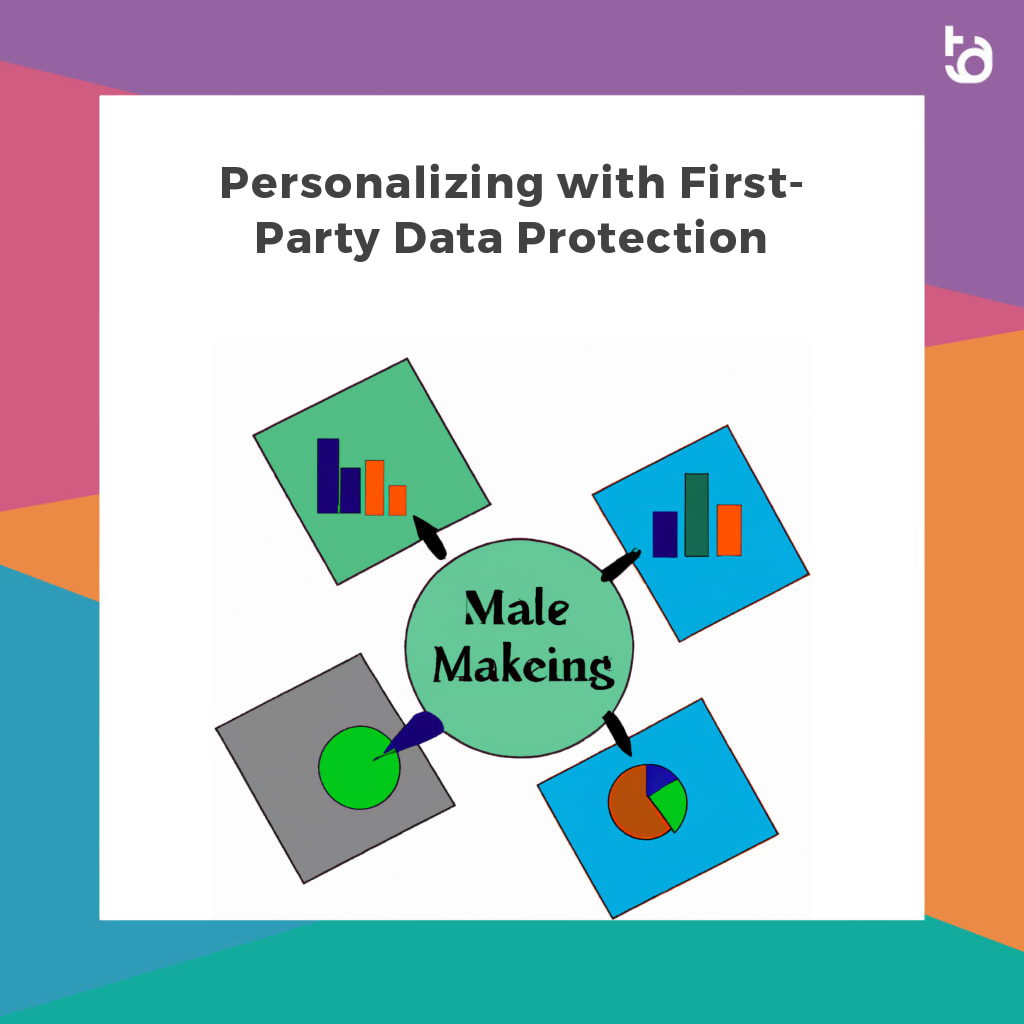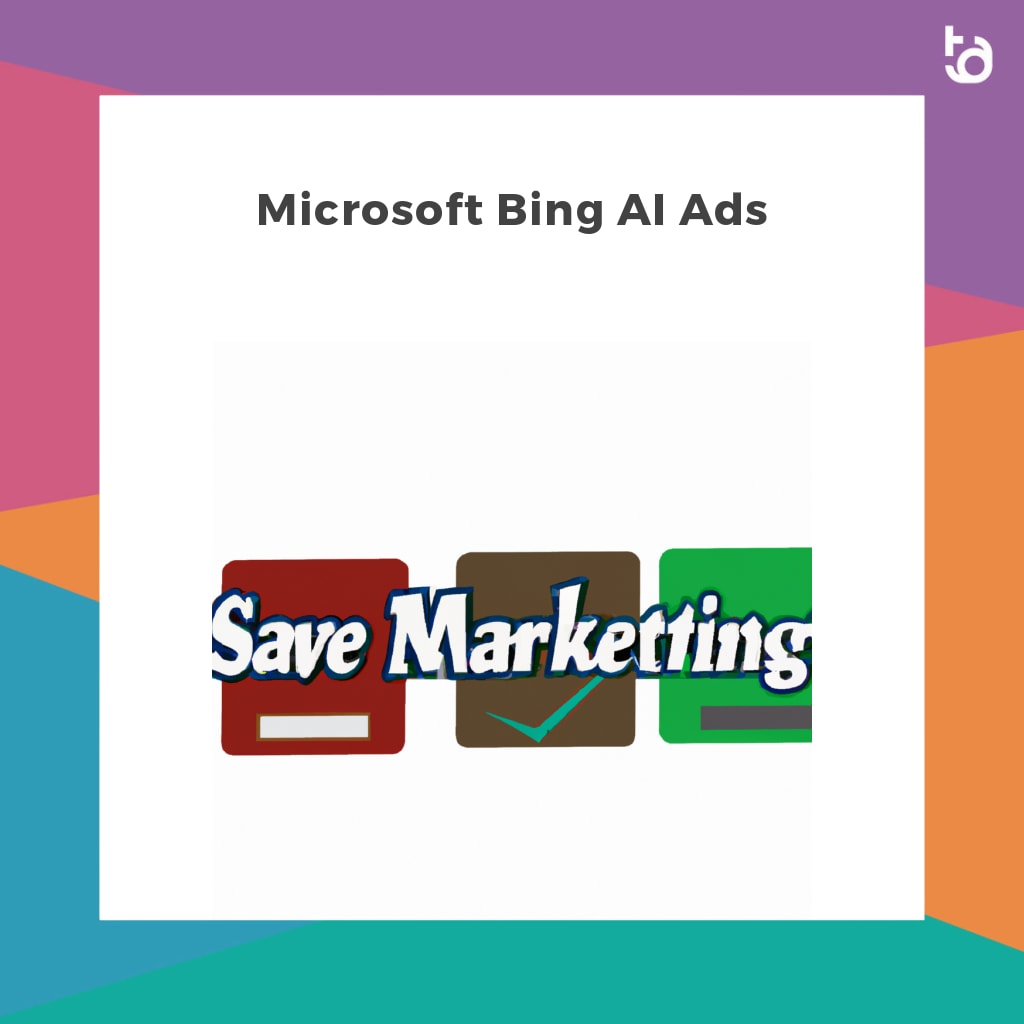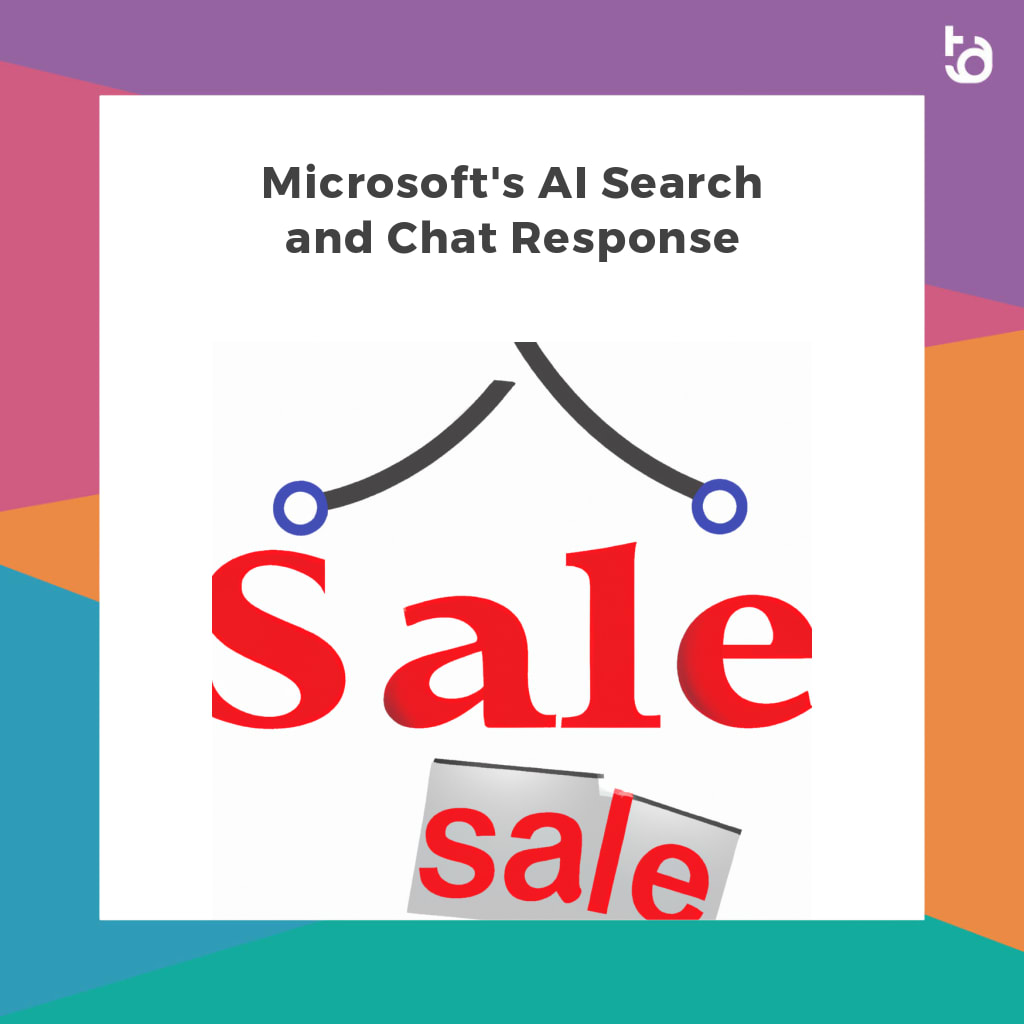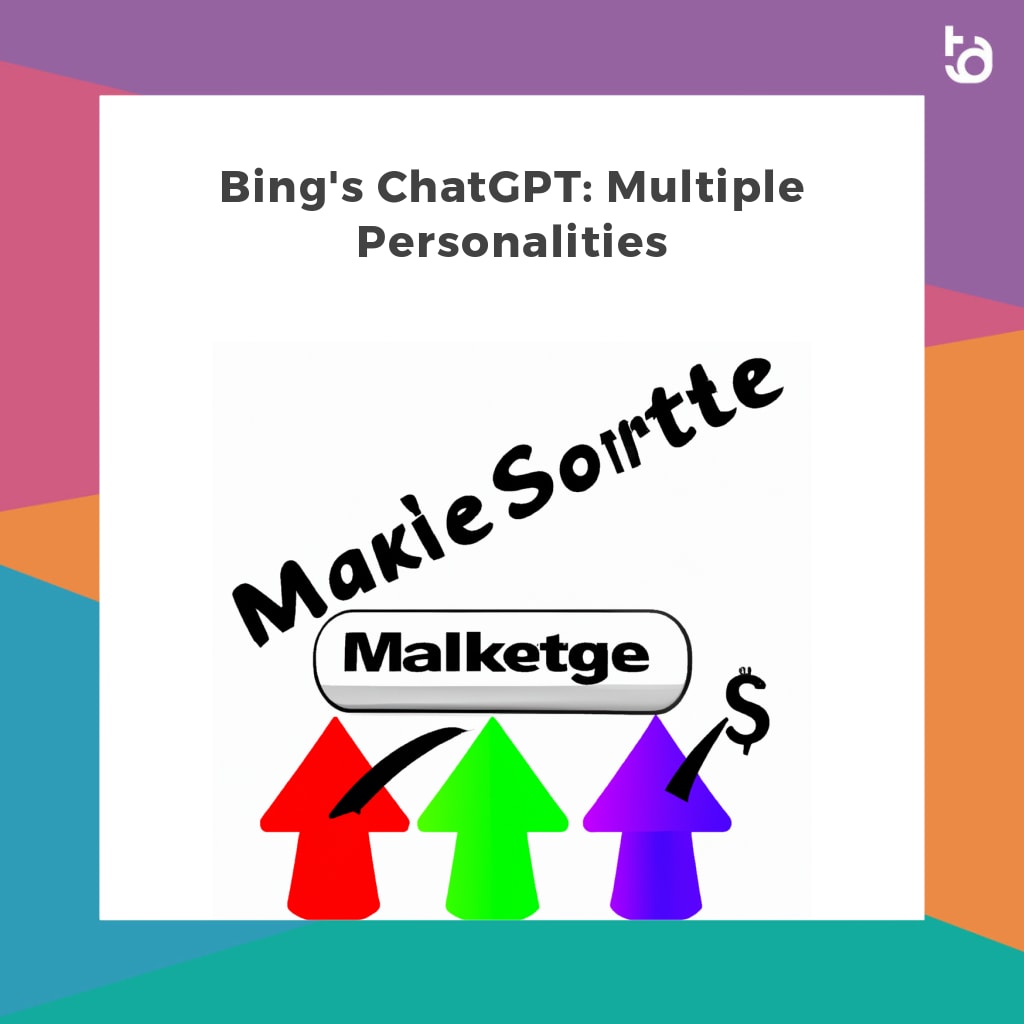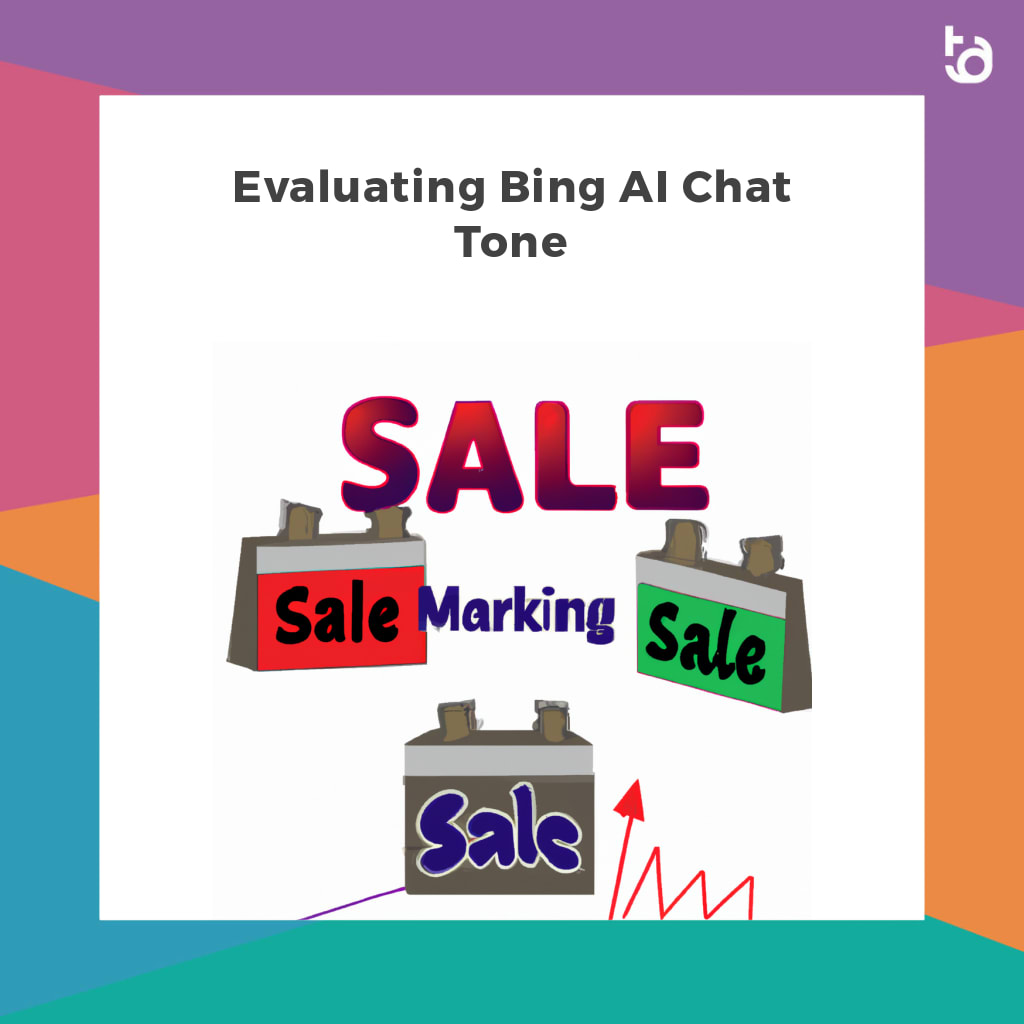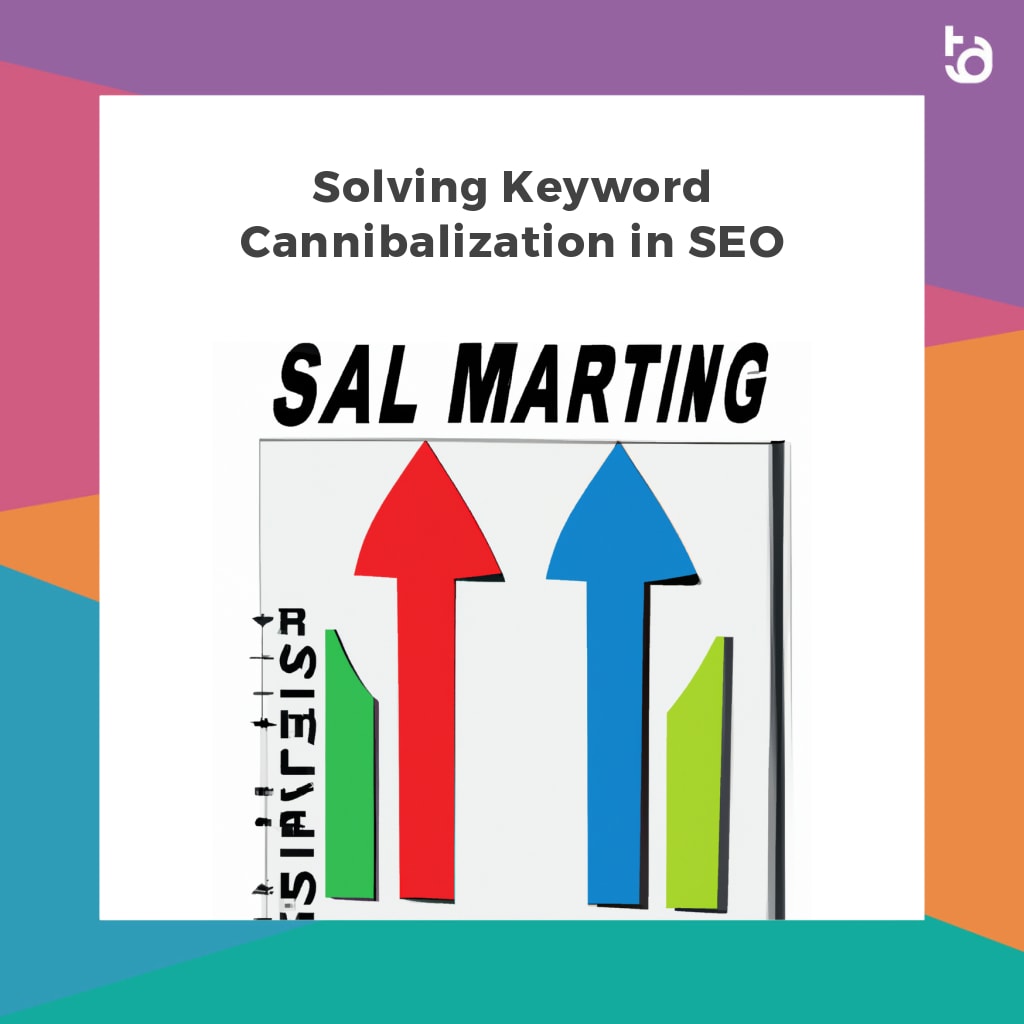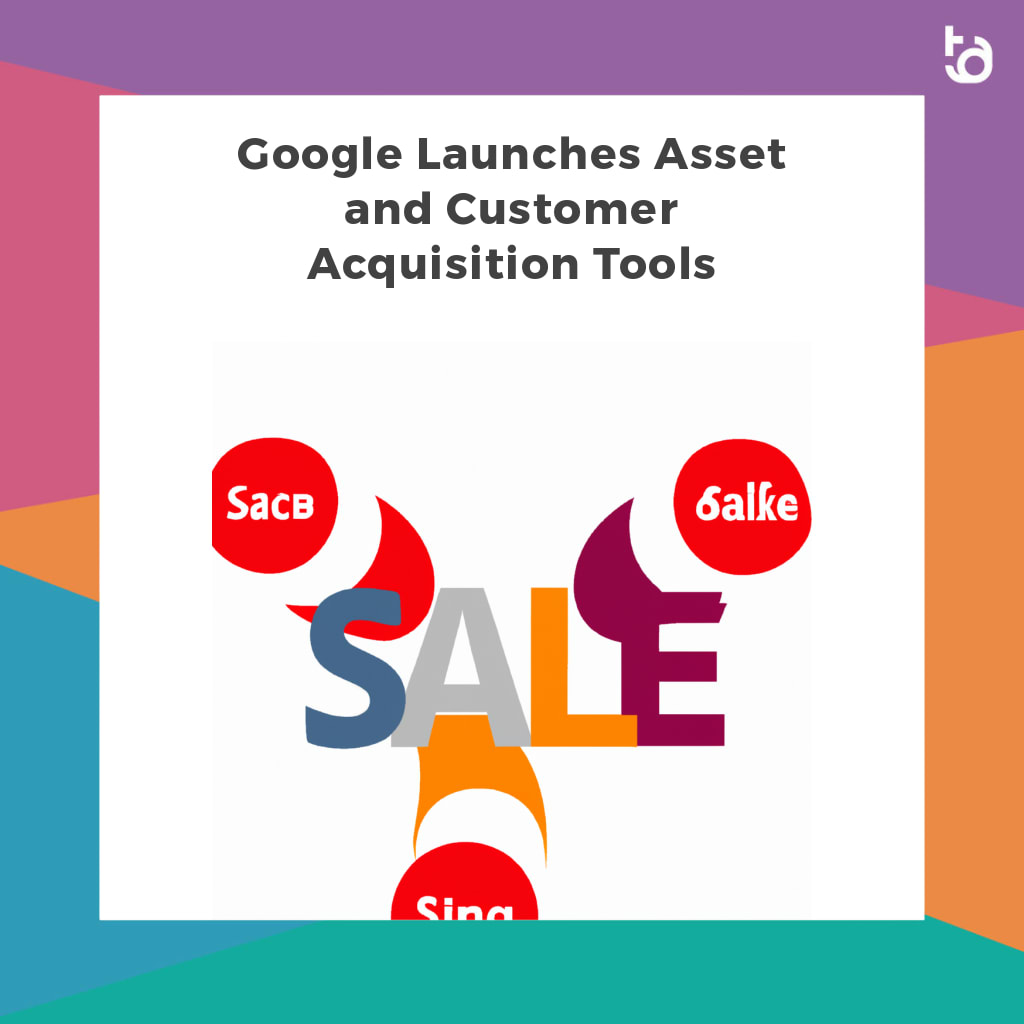Achieving Personalization with First-Party Data Privacy
Personalization can be achieved while maintaining privacy by leveraging first-party data. First-party data is collected directly from individuals who have voluntarily provided their information. By utilizing this data, businesses can tailor their marketing messages and experiences to the individual preferences and behaviors of their customers without violating their privacy. This approach is more effective than relying on third-party data, which can be inaccurate and potentially infringe on individuals’ privacy rights. Ultimately, prioritizing first-party data privacy can lead to stronger relationships with customers based on trust and respect.
by  Kushal PonnappaFebruary 28, 2023
Kushal PonnappaFebruary 28, 2023
Bing AI Ads by Microsoft
Microsoft has integrated machine learning into Bing’s search engine for its new AI-powered ad technology. The integration will allow advertisers to target specific audiences, automate bids and measure the success of their campaigns. The new solution is expected to provide smarter targeting, better performance, and improved analytics, enabling marketers to make data-driven decisions. With this new technology, marketers will gain valuable insight into their customer base, leading to higher ROI and greater customer satisfaction. Bing is poised to become the go-to platform for advertisers looking to stay ahead of the competition.
by  Kushal PonnappaFebruary 28, 2023
Kushal PonnappaFebruary 28, 2023
Bing AI Search and Chat: Microsoft’s Reaction
Microsoft’s Bing AI-powered search and chat platform has received mixed feedback from users, with praise for its user-friendly interface, predictive search engine, and natural language processing capabilities. However, negative feedback has centered around accuracy, usability, and concerns over privacy and security. Despite these concerns, Bing’s potential to improve search strategies and marketing efforts cannot be ignored, and businesses should take steps to protect their data and make the most of the platform’s capabilities.
by  Kushal PonnappaFebruary 28, 2023
Kushal PonnappaFebruary 28, 2023
ChatGPT by Bing: Multiple Personalities
Bing’s ChatGPT is a state-of-the-art conversational AI engine that uses natural language processing and machine learning to deliver a human-like conversational experience. It can understand and speak multiple languages and has the ability to generate “multiple personalities” based on user preferences. ChatGPT is a powerful tool for businesses, as it allows them to communicate with customers in a more personalized way and gain insights into customer behavior. Its release marks a major step forward for conversational AI technology.
by  Kushal PonnappaFebruary 28, 2023
Kushal PonnappaFebruary 28, 2023
Google Panda: 12 Years Later
It’s been 12 years since the release of Google’s Panda algorithm update, a revolutionary algorithm update that changed the very foundation of search engine optimization. Panda changed the way search engine results were ranked and displayed, giving emphasis to quality content and rewarding websites with well-structured, useful content. It also penalized websites with thin, low-quality content and targeted websites with practices such as link building. In short, Panda changed SEO forever, and it’s still used today.
by  Kushal PonnappaFebruary 28, 2023
Kushal PonnappaFebruary 28, 2023
Testing Bing AI Chat Responses for Tone
The use of Artificial Intelligence (AI) chat to test customer service experiences is becoming increasingly popular, offering a fast and easy way to understand customer preferences and find out how customers feel about a particular product or service. As AI chat has been refined to understand natural language, it has become easier to set the tone of the response, ensuring that customers receive the best possible experience. This post will discuss the testing strategies and best practices for setting the tone of the AI chatbot responses.
by  Kushal PonnappaFebruary 28, 2023
Kushal PonnappaFebruary 28, 2023
Content Strategy: Essential Benefits
In today’s digital landscape, content strategy plays a critical role in the success of any business. It encompasses the process of creating engaging content, optimizing website performance, and measuring success to build customer loyalty and drive revenue. With a well-planned content strategy, businesses can target a wider audience and create personalized experiences for their customers. By leveraging the power of content, businesses can establish a strong online presence, build brand awareness, and foster customer relationships. In short, content strategy is a vital component for businesses looking to thrive in the digital age.
by  Kushal PonnappaFebruary 28, 2023
Kushal PonnappaFebruary 28, 2023
Keyword Cannibalization in SEO: Fixing the Issue
Keyword cannibalization is a common problem in SEO and can often lead to a website’s content not ranking as high as it could. If left unaddressed, keyword cannibalization can hurt a website’s ability to be found by search engines and thus reduce its visibility for potential customers or readers. In this blog post, I will discuss what keyword cannibalization is and how it can negatively impact SEO, as well as provide tips for how you can fix the issue.
by  Kushal PonnappaFebruary 28, 2023
Kushal PonnappaFebruary 28, 2023
Google Unveils Asset Creation and Customer Acquisition Tools
Google recently announced the launch of two brand new asset creation and customer acquisition tools. These tools, Infographics Creator and Lead Generation Card, are designed to help marketers further optimize their digital marketing efforts. Infographics Creator enables users to easily create beautiful infographics with drag-and-drop and customize their visual elements with ease. Lead Generation Card, meanwhile, allows users to turn organic content into interactive experiences to generate leads. With these two tools, marketers can easily create eye-catching visuals, gain more insight into their target audiences, and ultimately increase the efficiency of their campaigns.
by  Kushal PonnappaFebruary 28, 2023
Kushal PonnappaFebruary 28, 2023
Search Marketing: February 28
February 28th marks a significant day in search marketing history. On this day in 2011, Google released the much anticipated Panda update. This update completely transformed the way search engine algorithms determined ranking by assessing the quality of a website’s content and penalizing those deemed to be of low quality. This ushered in a new era in search engine optimization (SEO) best practices, as marketers had to adapt to the new rules that Panda imposed. As a result, optimizing websites for rankings that could withstand Panda scrutiny became a priority. Panda ushered in a new era of SEO, where content quality and relevancy become critical for achieving optimal rankings.
Not only did Panda revolutionize SEO, it also forced the search engine industry to become more transparent and accountable to their customers. After Panda, search engines were more open to releasing information about their ranking factors, giving marketers more tools to better understand how they can improve their sites’ visibility.
It’s clear that February 28th has been a milestone day in search engine marketing. With the release of the Panda update, the industry was pushed beyond its comfort zone and into a new era of transparency and focus on content quality. The impact of Google’s Panda update still reverberates today, and we can likely expect more search engine innovation as the industry continues to evolve.
by  Kushal PonnappaFebruary 28, 2023
Kushal PonnappaFebruary 28, 2023


